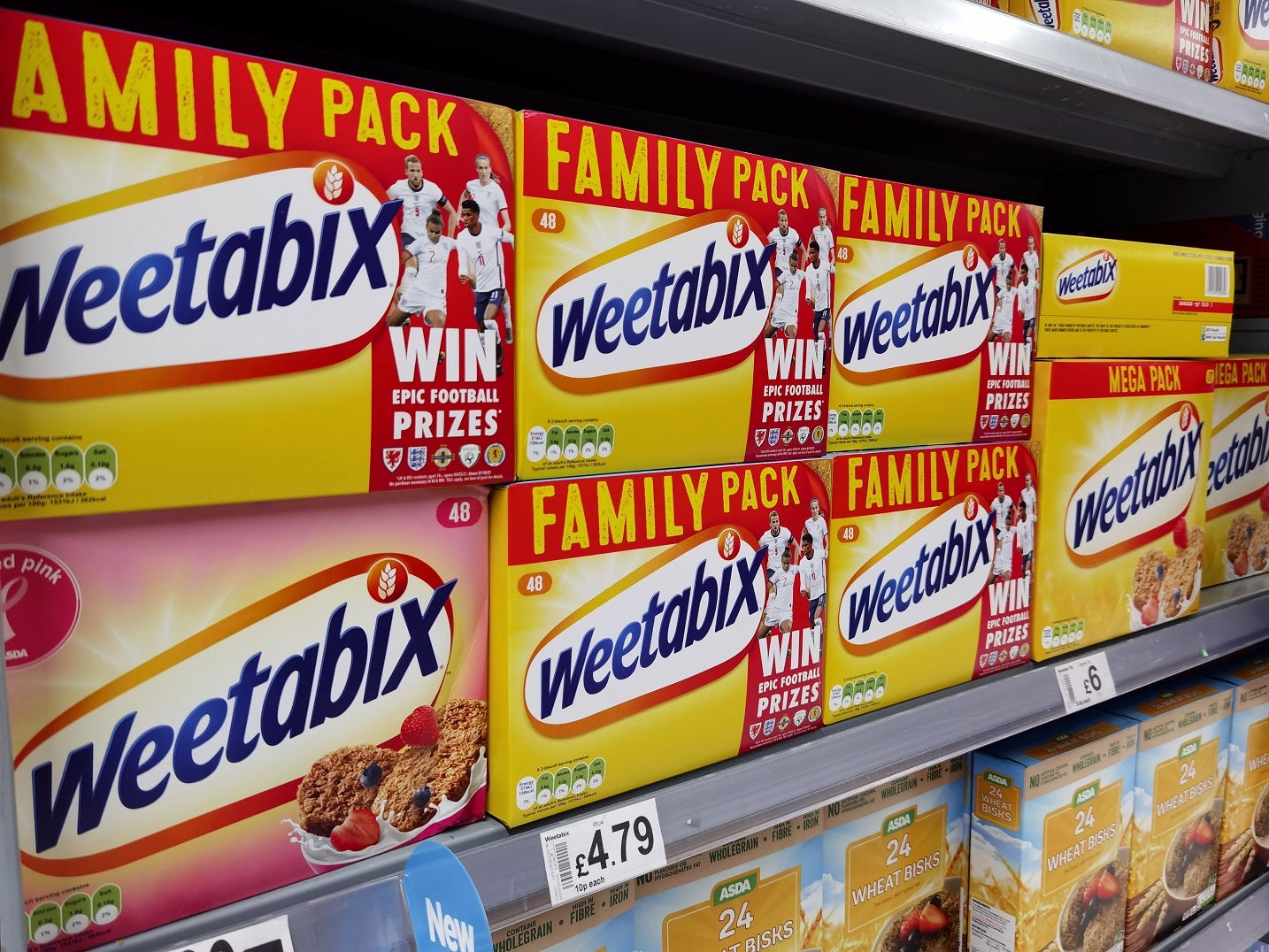
Post Holdings is to look at Weetabix’s costs but still invest in the UK cereal manufacturer’s brand in a bid to improve the business’ margins, the US group has said.
The “adjusted EBITDA” Post Holdings generated from its Weetabix business unit – which manufactures branded and private-label products – fell by almost a third year on year in the three months to the end of September, the company reported on Thursday (16 November).
The drop in earnings came despite a 15.5% rise in net sales during the period, the fourth quarter of Post Holdings’ financial year.
A fall in sterling against the US dollar gave the value of the sales from Weetabix a boost. Post Holdings said “currency-neutral” net sales were up 7%, helped by price increases. Volumes were up 2%, thanks to Weetabix’s private-label business and to UFit, the UK protein-shakes supplier it acquired last year.
Speaking to analysts on Friday after Post Holdings booked its annual results, interim CEO Jeff Zadoks said the company had made some investments in the Weetabix business in the fourth quarter to bolster its performance.
Zadoks, who is standing in for Rob Vitale while the Post Holdings president and CEO undergoes treatment for cancer, said the company invested in advertising at Weetabix “that was above the normal, run-rate level” in the fourth quarter.
Access the most comprehensive Company Profiles
on the market, powered by GlobalData. Save hours of research. Gain competitive edge.

Company Profile – free
sample
Your download email will arrive shortly
We are confident about the
unique
quality of our Company Profiles. However, we want you to make the most
beneficial
decision for your business, so we offer a free sample that you can download by
submitting the below form
By GlobalData
“In addition within Weetabix, there were projects that we believe will kick-start 2024 [where] we invested in certain consulting activities for looking at our trade promotion, the effectiveness of our trade promotion and also looking at ways that we can improve the cost structure of that business. We would not expect those to repeat at the same level in the go-forward periods,” he said.
Zadoks, who is also Post Holdings’ chief operating officer, said “tough” trading conditions in the UK had also weighed on Weetabix’s business. The Weetabix brand had felt the impact of consumer demand for own-label cereal products, he noted.
“The margin in that business has suffered more than the rest of our portfolio. We attribute that to the fact that the UK environment has been much tougher than the US environment, so that’s part of the equation,” Zadoks said.
“And we are very premium products. The Weetabix brand is a very premium product in the UK market. If you track that market, cereal has become slightly greater than 50% private label, so a much more dramatic move to value than we’ve seen here in the US.”
He added: “What we need to do to get it back to closer to where we were pre-pandemic is we believe we need to simplify the business. We need to have a renewed focus on cost reduction and we need to continue investing in the brand so that we maintain the premium price points that enable us to generate the margins from that business. The combination of those three things are the things that are going to be the focus of our activities in 2024.”
Weetabix forms part of Post Holdings’ Post Consumer Brands division, which saw its overall adjusted EBITDA jump 73.1% in the quarter to $199.7m. Net sales were up 71.5% to $1.01bn, helped by Post Holdings’ acquisition of a clutch of pet-food brands in April from fellow US food manufacturer J.M. Smucker.
Excluding the impact of that acquisition, the division saw volumes slide 6.2%, hit by lower peanut-butter and branded cereal sales volumes.
Post Holdings expects the US cereal category to return to trends it was seeing before the Covid-19 pandemic once it laps the end of temporary SNAP benefits in February last year. At the onset of the pandemic, the US government allowed states to make the maximum allowable benefits to recipients of benefits under the Supplemental Nutrition Assistance Program to support lower-income households. That policy lapsed in February 2022.
Zadoks said: “We expect to return to the pre-pandemic levels of flat to down a couple of per cent. As we plan for [fiscal] ‘24 for our business, we use those category dynamics as a baseline. We believe that we can perform somewhat better than that but we’re not counting on volume growth in our plan for next year. We would expect that there is going to be some volume declines in fact … not quite as bad as the category but still slightly down..”
Overall, Post Holdings’ group fourth-quarter net sales were $1.95bn, up 23.2% on a year earlier, helped by the pet-food deal.
Operating profit increased 16% to $153m. Net earnings were down 21.7% at $65.7m.
Adjusted net earnings, which stripped out a series of more one-off items, stood at $119m, against $54.1m in the corresponding period a year earlier.
Post Holdings booked a non-cash goodwill impairment of $42.2m on its cheese and dairy unit. The company pointed to “the narrowing of the pricing gap” between brands and private label, which it said had led to “distribution losses and declining profitability”.

